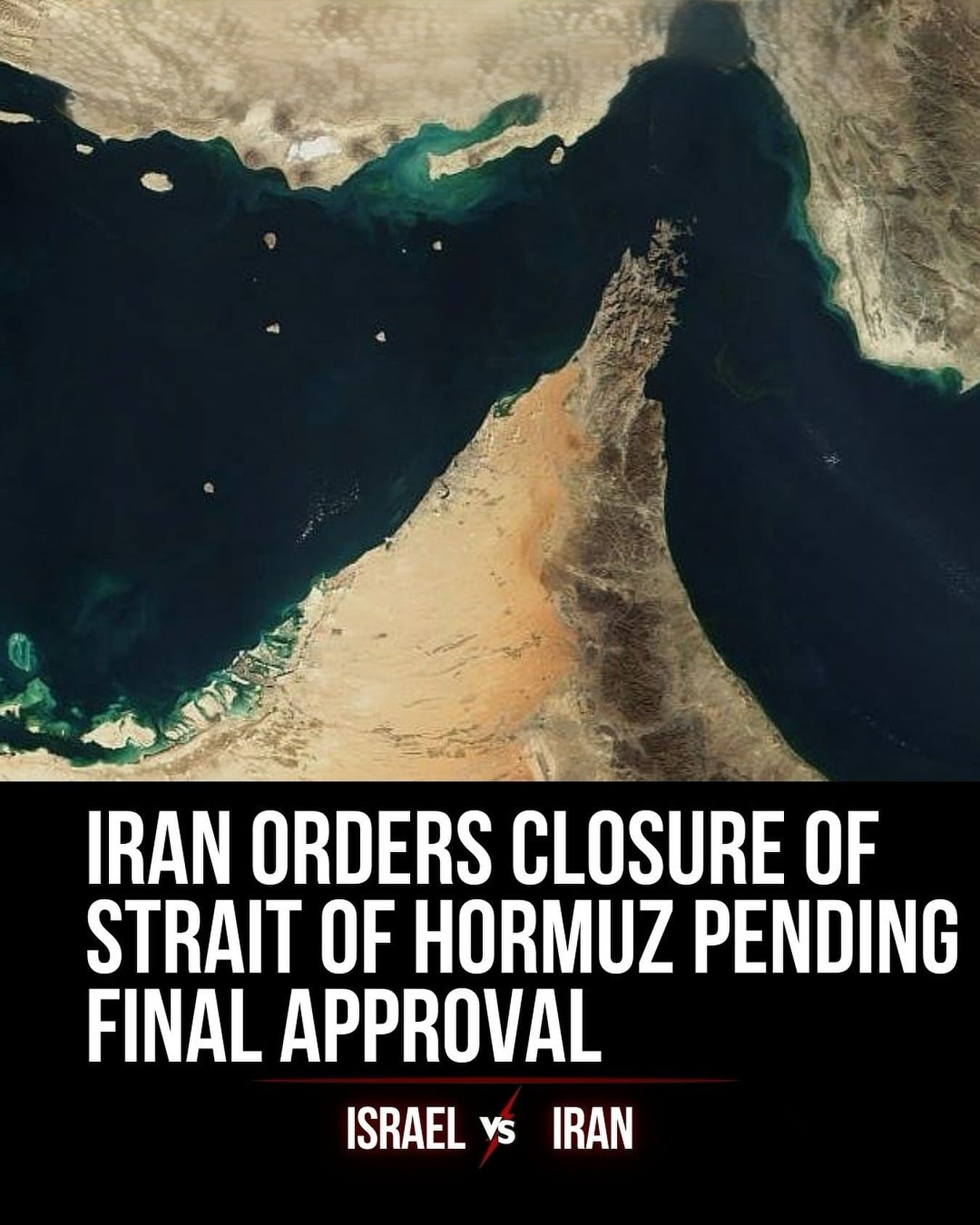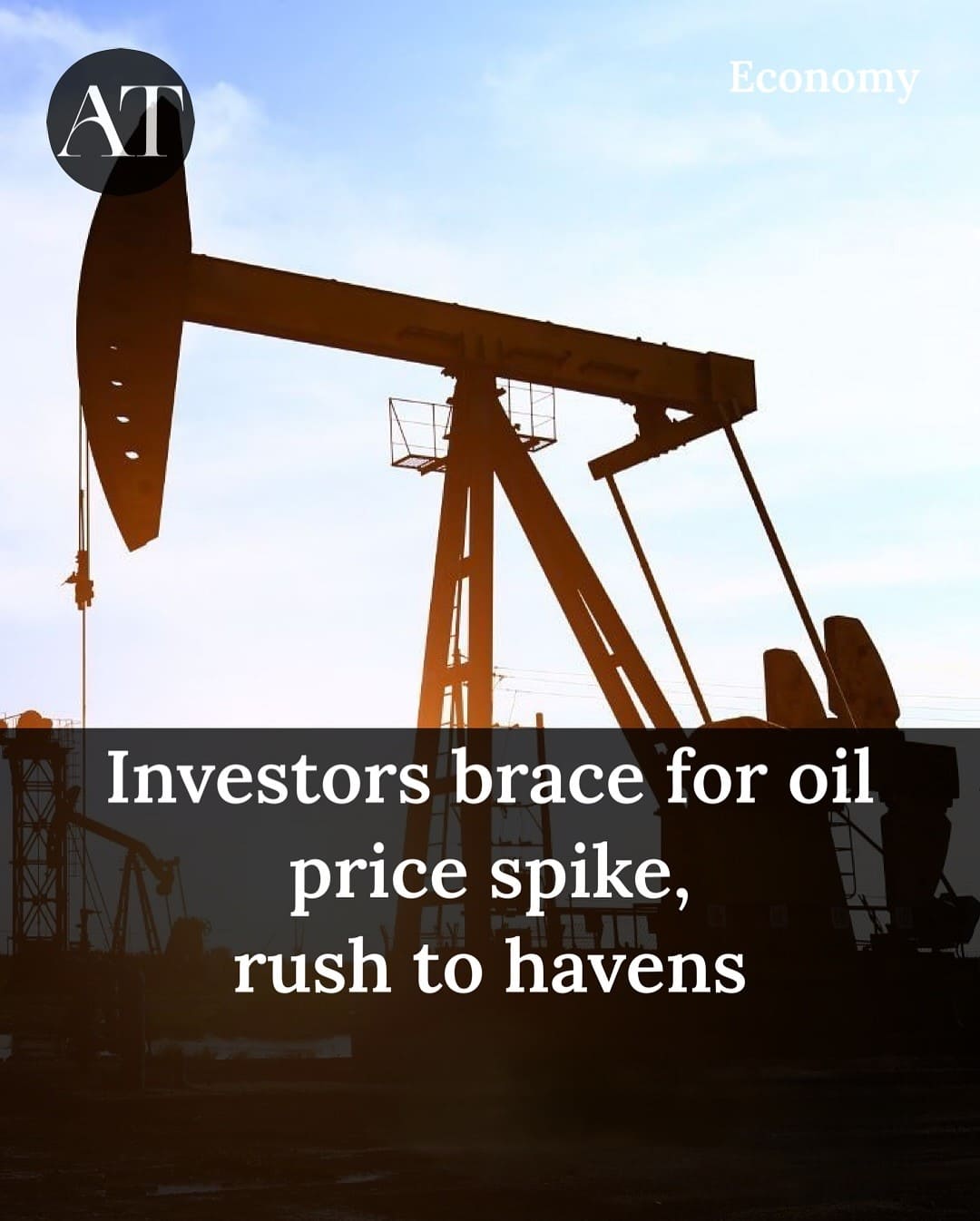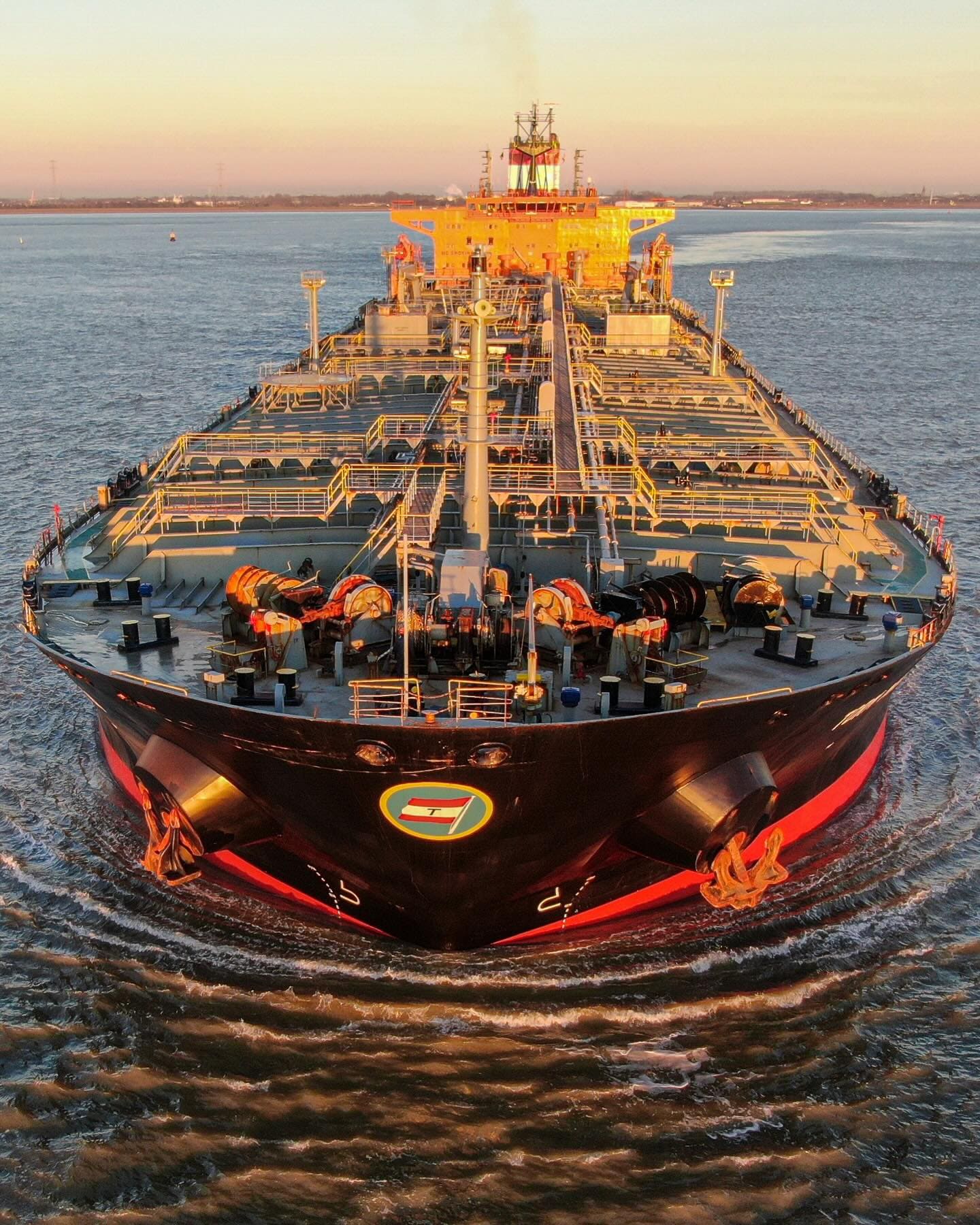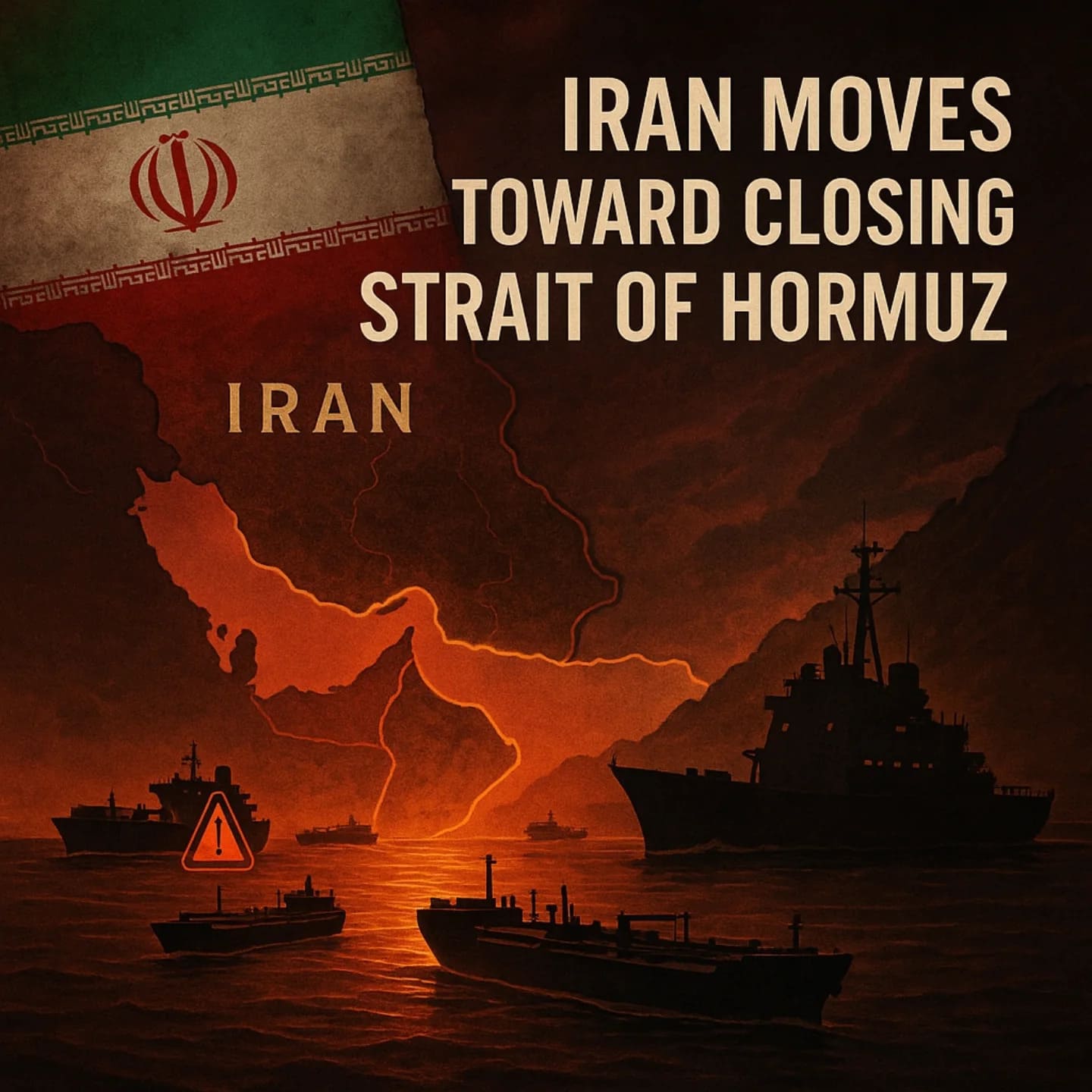Why the Strait of Hormuz Matters Globally
The Strait of Hormuz is more than just a narrow waterway—it’s one of the most strategically vital chokepoints in the world. Located between the Persian Gulf and the Gulf of Oman, this narrow strait—only 21 miles wide at its narrowest point—handles a massive percentage of the globe’s oil trade. Every day, millions of barrels of oil and natural gas pass through its waters, connecting major Middle Eastern producers like Saudi Arabia, Iran, and the UAE to markets in Asia, Europe, and beyond. But its importance isn’t limited to energy. From geopolitical conflicts to trade, security, and global economics, the Strait of Hormuz has a ripple effect that touches nearly every country in the world.
1. Controls 20% of the World’s Oil Supply

Roughly 1 in every 5 barrels of oil consumed globally passes through the Strait of Hormuz. That’s nearly 17–20 million barrels per day. Any disruption—whether due to military tension, sanctions, or sabotage—can instantly spike global oil prices. For example, during the 2019 tanker attacks near the strait, oil prices jumped almost 10% in a single day. Countries like China, India, Japan, and South Korea rely heavily on this oil, meaning any instability here affects fuel costs, inflation, and even transport pricing across continents.
2. Major Route for Liquefied Natural Gas (LNG)
Qatar, the world’s top exporter of liquefied natural gas, ships almost all of its LNG through the Strait of Hormuz. Natural gas is crucial for power generation and heating in countries across Asia and Europe. If the strait were ever closed or even temporarily blocked, it would cause serious shortages and price surges in regions that depend on imported LNG—like Japan, South Korea, and parts of the EU.
3. A Flashpoint for U.S.–Iran Conflict
The Strait of Hormuz has repeatedly been a hotspot for tension between Iran and the United States. Iran has threatened to close the strait multiple times in response to U.S. sanctions or military actions. The U.S., in turn, maintains a naval presence in the region to ensure freedom of navigation. These standoffs often lead to global anxiety, stock market fluctuations, and military escalations. A single missile strike or naval clash here could trigger a broader regional or even global crisis.
4. Influences Global Oil Prices Instantly
Oil traders around the world keep a close eye on the Strait of Hormuz. Even rumors of disruptions—like a threat by Iran to mine the waters or attack oil tankers—can cause oil futures to spike. In July 2018, after Iran hinted at shutting the strait, Brent crude surged nearly 3% in a day. That level of influence makes this tiny strip of water a market-moving force far beyond its physical size.
5. Determines Shipping Insurance Rates Globally
Because of the risk of piracy, sabotage, and conflict in the strait, maritime insurers charge higher premiums for tankers passing through it. In tense periods, insurers may even pull coverage, delaying shipments or redirecting traffic. These increased costs ripple out into higher prices for gasoline, plastics, and goods worldwide, since oil and gas are foundational to global manufacturing and logistics.
6. Drives Naval Deployment and Defense Spending
To safeguard energy flows and national interests, countries like the U.S., U.K., and France routinely deploy warships near the Strait of Hormuz. These deployments are costly, but governments consider them essential to securing maritime freedom and deterring regional threats. This means billions in defense budgets are directly tied to Hormuz’s stability—money that could otherwise be spent on domestic programs.
7. Boosts the Strategic Power of Iran
Iran controls the northern coast of the strait and uses this to exert influence over global energy markets. By simply threatening to block the strait, Iran gains a strategic bargaining chip in international negotiations. This leverage allows Iran to counterbalance Western pressure, especially regarding its nuclear program or sanctions, without necessarily engaging in open conflict.
8. Impacts Consumer Prices in the West

When oil prices rise due to events in the Strait of Hormuz, the effects quickly show up at the gas pump. Americans, for instance, often see gas prices jump within days of strait-related tensions. But it’s not just fuel—plastic goods, food distribution, air travel, and construction costs are all affected. Consumers in the U.S., U.K., and Europe may never hear about the strait, but they feel its impact every time they shop or travel.
9. Shapes International Trade Routes
The reliability of the Strait of Hormuz determines how global shipping companies plan their routes. When tensions are high, some carriers may avoid the strait altogether, choosing longer and costlier routes like the Cape of Good Hope. This shift disrupts delivery schedules and increases shipping costs, which are passed on to retailers and consumers.
10. Dictates Middle East Diplomacy
The strategic significance of the strait encourages alliances and rivalries among Middle Eastern nations. The UAE, Oman, Saudi Arabia, and Bahrain have to carefully balance relations with Iran and Western powers, knowing that any instability in the strait could severely damage their economies. The Hormuz chokepoint often becomes a diplomatic litmus test for regional cooperation—or conflict.
11. Supports Global Energy Security Strategies
Countries like Japan and South Korea keep strategic oil reserves because of their dependence on Hormuz. These reserves are often calibrated based on risk assessments of the strait. Similarly, the U.S. maintains the Strategic Petroleum Reserve (SPR) partially for the same reason. Hormuz indirectly shapes national energy security policies across multiple continents.
12. Makes or Breaks Oil-Rich Economies
For oil-exporting countries like Saudi Arabia, Iraq, and Kuwait, uninterrupted access to the strait is an economic lifeline. Without Hormuz, their oil would remain stuck inland or face enormous export costs. Their national budgets—funding healthcare, education, infrastructure—depend on daily oil shipments via Hormuz. A blockade or closure could trigger economic collapses or civil unrest in these countries.
13. Stimulates Innovation in Alternative Routes
Fears over Hormuz’s vulnerability have driven investment in pipeline alternatives. The UAE and Saudi Arabia have built pipelines that bypass the strait, like the Abu Dhabi Crude Oil Pipeline. These projects are part of long-term strategies to reduce reliance on Hormuz. However, they can’t fully replace the strait, making it an irreplaceable trade artery.
14. Influences China’s Belt and Road Strategy
China is the largest importer of oil from the Middle East, and most of it flows through the Strait of Hormuz. As a result, China’s Belt and Road Initiative includes efforts to secure shipping lanes and build energy infrastructure like pipelines and ports in Pakistan and Central Asia. Hormuz’s importance has reshaped China’s foreign policy and global infrastructure investments.
15. Spurs Green Energy Advocacy

Whenever the Strait of Hormuz becomes a geopolitical flashpoint, green energy advocates use the moment to push for renewables. Spikes in oil prices make solar, wind, and electric alternatives more appealing. Governments and investors often respond by increasing support for clean energy research and transition, aiming to reduce dependency on risky fossil fuel chokepoints.
16. Raises the Stakes in Global Elections
Tensions in the Strait of Hormuz have influenced elections in oil-dependent nations. For example, during U.S. presidential races, candidates often campaign on how they would handle Iran and maintain global oil security. High gas prices caused by strait tensions can even swing voter opinions, making Hormuz a silent force in democratic decision-making.
17. Drives Media Narratives and Public Fear
News coverage of the Strait of Hormuz frequently uses dramatic language—”chokepoint,” “oil artery,” “tinderbox”—which shapes public perception and fear. This emotional coverage increases clicks and engagement but also influences market behavior and political opinion. The strait’s symbolic power is as strong as its actual economic value.
18. Enables Maritime Exercises and Alliances
Countries often use the strategic importance of Hormuz to justify joint naval exercises and military alliances. These drills improve readiness and build trust among partner nations. For instance, the U.S. and Gulf nations regularly conduct naval drills to simulate strait defense. These exercises also act as a deterrent to would-be aggressors in the region.
19. Creates Cybersecurity Threat Zones
Energy and shipping infrastructure around the Strait of Hormuz are prime targets for cyberattacks. In recent years, hackers have attempted to disable oil terminals, disrupt shipping software, and even cause refinery malfunctions. As digital warfare escalates globally, Hormuz remains a high-risk digital frontier, impacting cybersecurity strategies of oil majors and defense agencies.
20. Pushes Stock Markets Into Volatility
Global stock markets react quickly to events in Hormuz. Energy companies, defense contractors, airlines, and logistics firms are all sensitive to oil price swings. During high-tension periods, stock indices fluctuate, impacting investor confidence and economic forecasts worldwide. A narrow waterway halfway across the globe can rattle Wall Street within minutes.
21. Highlights the Fragility of Globalization

The Strait of Hormuz exposes how vulnerable modern economies are to regional instability. One targeted attack, accidental collision, or diplomatic misstep could block the strait, crippling energy and trade systems. It serves as a reminder that globalization, though powerful, is extremely fragile and dependent on peaceful cooperation in volatile regions.
Conclusion: A Narrow Strait With Global Consequences
The Strait of Hormuz may be geographically small, but its influence is vast and growing. From oil prices and international security to climate policy and economic stability, its impact is truly global. In a world increasingly shaped by energy access and geopolitical tension, understanding the strategic importance of this waterway is essential. Whether you’re a policymaker, investor, or just a global citizen, what happens in Hormuz—does not stay in Hormuz.